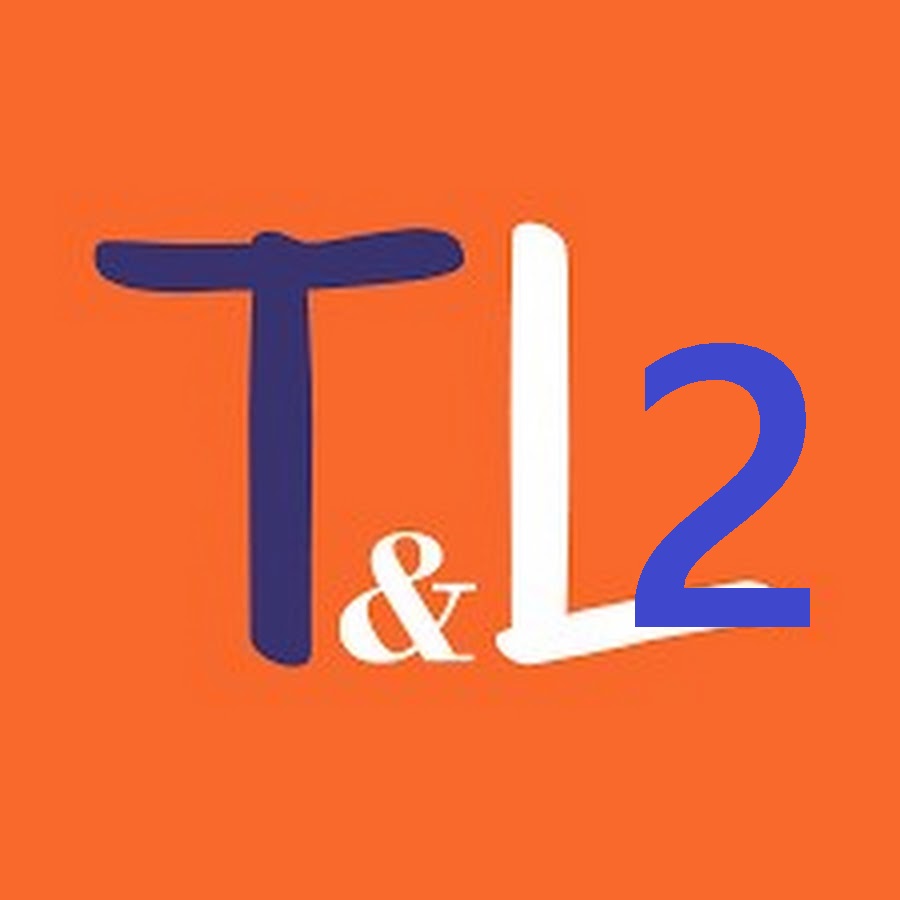Amazigh New Year.. What do you know about it?
January is the first day of the Amazigh year for the Berbers of North Africa, and it corresponds to January 13 in the Julian calendar (which was established in the year 45 BC by Emperor Julius Caesar), and the Amazigh year depends on the agricultural calendar that was originally used to organize seasonal agricultural work .
According to this calendar, the new year begins on January 13, when the transition to a more moderate climate begins and is celebrated on January 12 (that is, a day before the start of the Amazigh year) in the North African region when the land becomes more fruitful and fertile.
Berber Pharaoh
The celebration of the New Year dates back to the year 951 BC of the Gregorian calendar, where it corresponds to a political event of indescribable importance to the Berbers. At the root of this symbolic date lies the traditions of the ancestors and the dream of a man.
In this year, the Berbers will gradually establish themselves and influence the kings of Pharaoh. In the year 950 BC, upon the death of Pharaoh Basusman II, a Berber named Sheshonq obtained the status of a pharaoh in Egypt, as well as the high priesthood of Egypt. During his reign, he established his capital in Bubastis, one of the largest ancient cities in Egypt, so he reunited Egypt and then invaded Palestine to seize the gold.
Sheshonq ruled an area extending from the eastern part of Libya today to the Nile Delta, and became king of Egypt as a pharaoh from 950 to 929 BC, and the Berbers adopted this event to start their calendar.
Amazigh rights
The Berbers spread in the north of the African continent from Morocco in the west to Egypt in the east, and from the Mediterranean Sea in the north to the Niger River in the south, and they are distributed in Morocco, Algeria, Tunisia, Libya, Egypt, Mali, Niger, Burkina Faso and Mauritania, and in addition to the north, millions of Berbers live in Europe.
Over the years the Berbers continue to try to gain more rights and demand greater recognition of their identity, especially in the countries of the Maghreb and in the Sahara where there are many of them. They are the original inhabitants of North Africa, and their presence there preceded the existence of Arabs and Islam, and their language and culture preceded the Islamic conquests of North Africa in the seventh century AD.
They are called Berbers, which means “free man,” and many North Africans believe that, given the deep Berber roots of their countries, January should be a public holiday.
in Algeria
There are more than 13 million Amazighs in Algeria, representing about a third of the total population. Today, Algeria recognizes the Amazigh New Year, declaring January 12 an official holiday in the country for the first time in 2018.
Most of the Amazigh population is concentrated in the Kabylie region east of Algiers, and there are Amazighs in the center, east and south, and the Amazigh language became the second official language along with the Arabic language in the 2016 constitution.
In Morocco
There are eight million Berbers in Morocco and more than 33 million people speak one of the three main Berber dialects in the country: Tarifit, Tamazight and Tachelhit. Many Amazigh voices are calling for an official holiday on the Amazigh New Year's Day in the Kingdom, similar to Algeria.
In this, Amazigh activists rely on the recognition of the new Moroccan constitution (2011) for their language as an official language, along with the Arabic language. One of the most prominent results of this recognition is the appearance of the Tifinagh alphabet in public buildings, in addition to Arabic and French.
Since 2010, a Moroccan public television channel called “Tamazight” has been dedicated to promoting Amazigh culture. A bill currently under consideration by the Moroccan government plans to diversify language learning in schools, including popularizing the Amazigh language.
in Lybia
The Berbers consider themselves marginalized in Libya, they were persecuted under the dictatorship of the Libyan leader Muammar Gaddafi, who denied their existence, and today they call for the formalization of their language such as the Arabic language, and for them to obtain fair representation in Parliament as they represent 10% of the population and live especially in the mountains west of Tripoli or in the southern desert.
Since the fall of the Gaddafi regime in 2011, their demands have become more urgent, and the Berber flag floats on all public buildings next to the Libyan flag, and often floats alone in their private areas. Textbooks in the Berber language have also appeared, although they are not approved by the Ministry of Education.

